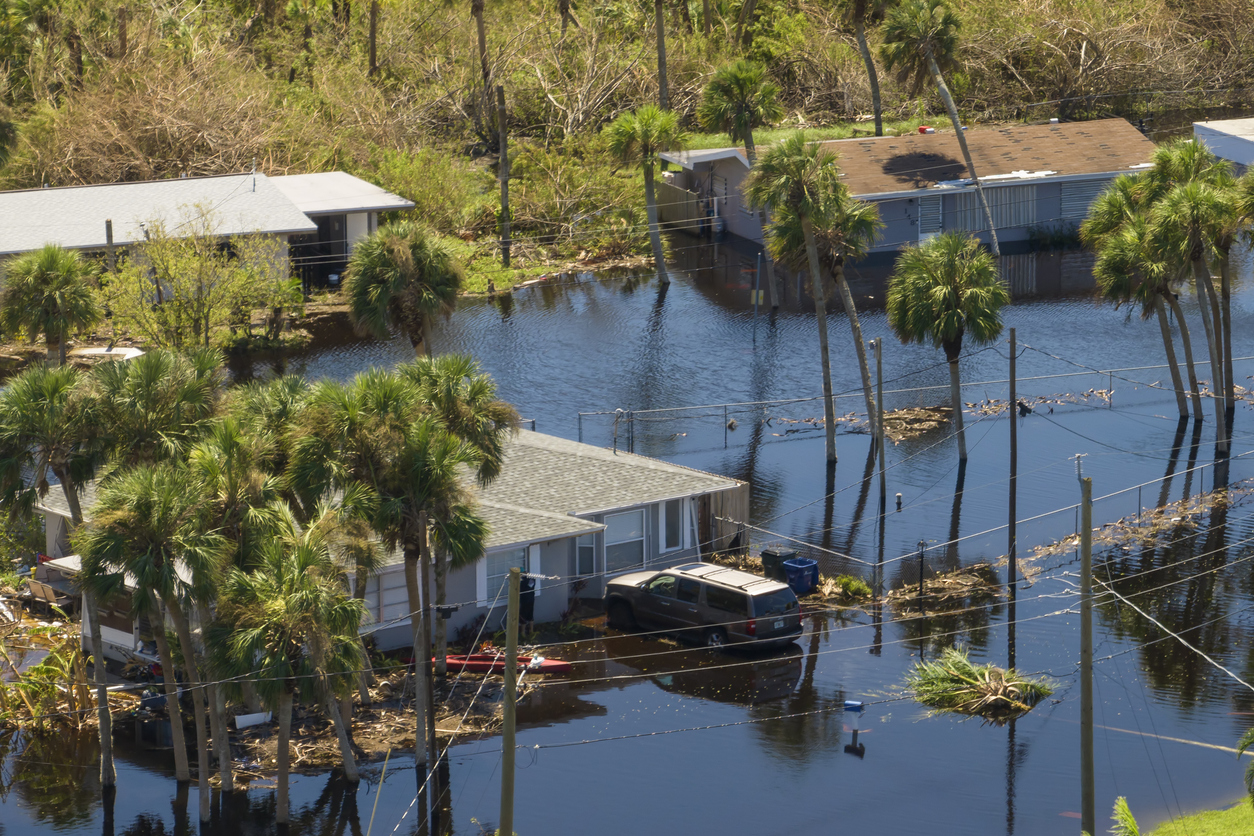New Insurance Options for Florida Homeowners

Florida homeowners now have new insurance companies to consider, providing much-needed options for those recently left without coverage. Ted Herbert, a retired business professor from Rollins College, was surprised when he received a letter from his insurance company last month stating that his policy would not be renewed. Despite living inland in Winter Park, his insurer classified him and 100,000 other policyholders as high risk for hurricane damage.
Herbert’s insurer cited a need to rebalance its Florida portfolio due to a reduction in hurricane exposure as the reason for the non-renewal. This situation has left many homeowners like Herbert searching for new insurance as the hurricane season, predicted to be particularly severe this year, approaches.
The National Oceanic and Atmospheric Administration (NOAA) forecasts an 85% chance of an above-normal hurricane season, with up to 25 named storms. Amid these challenges, the state’s Office of Insurance Regulation has announced that several new insurance companies are entering the market, alongside 19 existing companies that are maintaining or slightly reducing their rates.
Mark Friedlander, spokesperson for the Insurance Information Institute, highlighted that new residential insurers entering the Florida market create opportunities for consumers to explore more competitive pricing. This influx of new companies is unique to Florida this year, driven by recent legislative changes aimed at curbing legal system abuse and claim fraud.
Jeff Brandes, a former state senator and advocate for insurance reform, pointed out that many of these “new” companies are actually spinoffs or subsidiaries of existing Florida insurers, while others are new to the state or reactivating their presence. Six of the new companies are start-ups, created by holding companies that already operate multiple insurers in Florida. Only one, Mainsail, is offering comprehensive insurance lines for auto, home, and business.
Four of the new companies are reciprocal insurance exchanges, where policyholders are also owners, sharing in profits if the company performs well. This model allows for more flexibility in raising capital and potentially lower premiums, though small subscriber pools could result in higher premiums.
Several existing Florida insurers, such as Safe Harbor, Spinnaker, Florida Peninsula, and Edison, are also launching start-ups with competitive rates. These new companies benefit from a clean slate, with no backlog of litigated claims, enabling them to offer lower rates based on expected future losses.
Lisa Miller, a former deputy insurance commissioner, explained that the primary factors influencing insurance rates are reinsurance costs, legal costs, and catastrophic losses. While recent legal reforms are expected to help reduce costs, the impact may take time to materialize due to the existing pipeline of litigation.
Reinsurance remains a significant driver of premiums, as Florida insurers often rely on reinsurance to cover large catastrophic losses from major hurricanes. Approximately 50% of every homeowner’s premium goes toward reinsurance costs, underscoring its critical role in the state’s insurance market.
In conclusion, Florida homeowners now have several new options for home insurance, offering potential relief amid a challenging hurricane season. As the market adjusts to recent reforms and new entrants, consumers may benefit from more competitive pricing and improved access to coverage.
